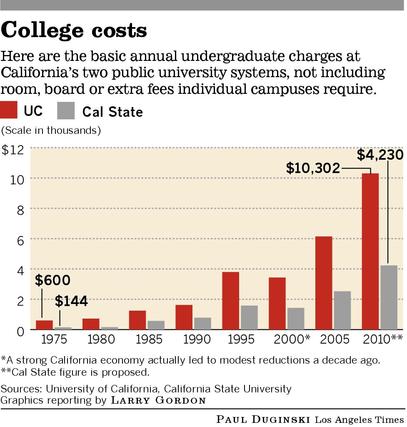I got a book in the mail yesterday. I couldn’t remember why I ordered it. From Amazon. I guess it was delayed or something. The title was, “The Compassionate Brain: How Empathy Creates Intelligence,” by some guy named Gerald Huther.
Then I remembered. The word “empathy” cued me.
A while back an article appeared in the L.A. Times reporting the results of a study at the University of Wisconsin indicating that today’s students are more lacking in empathy than ever. Or more precisely: the results of this thirty year study indicate and I quote:
From 1979 to 2009, college students’ scores on empathic concern and perspective taking declined overall. There were no substantial changes in fantasy or personal distress.
Converting the changes in scores to percentiles, researchers found a 48% decrease in empathic concern and a 34% decrease in perspective taking through the years.
Ok, this does not sound so good, but I don’t really trust this kind of study. So I decided to take the test, if that’s what it’s called, given to students, something called the“Interpersonal Reactivity Index.” It has 28 questions. You can take it if you want to find out how empathic you are (as if you didn’t already know).
I found questions like:
Other people’s misfortunes do not usually disturb me a great deal. (on a scale from 0: does not describe me very well to 4: describes me very well).
Give me a break. Sure I was a pretty upset kid, but as a college student I might have marked this zero just to be perverse. I mean I would have known that I was supposed to feel from the misfortune of others and just because I was supposed to I would have said I didn’t feel anything for the misfortune of others. I mean, screw the unfortunate. I am tired of hearing about those kids in China.
I am not a scientist so maybe the test has checks on this sort of perversity that I don’t know about.
Or maybe, kids growing up today have not been told they are supposed to feel something for the misery of others. In which case, no perversity at all was involved in their marking this question zero. If so, then the kids were not being perverse. And that’s a bit scary.

 I ordered a book on Hegel’s dialectic and yesterday I read some philosophy online. That’s a bad sign. I am probably getting depressed. But the news of the world drives me nuts, and I can’t read fiction anymore. So it’s best to concentrate on something utterly irrelevant, like philosophy. Though I do have trouble concentrating, or maybe that’s the point. If you are going to read philosophy at all you have to concentrate because it is so damn irrelevant.
I ordered a book on Hegel’s dialectic and yesterday I read some philosophy online. That’s a bad sign. I am probably getting depressed. But the news of the world drives me nuts, and I can’t read fiction anymore. So it’s best to concentrate on something utterly irrelevant, like philosophy. Though I do have trouble concentrating, or maybe that’s the point. If you are going to read philosophy at all you have to concentrate because it is so damn irrelevant.

